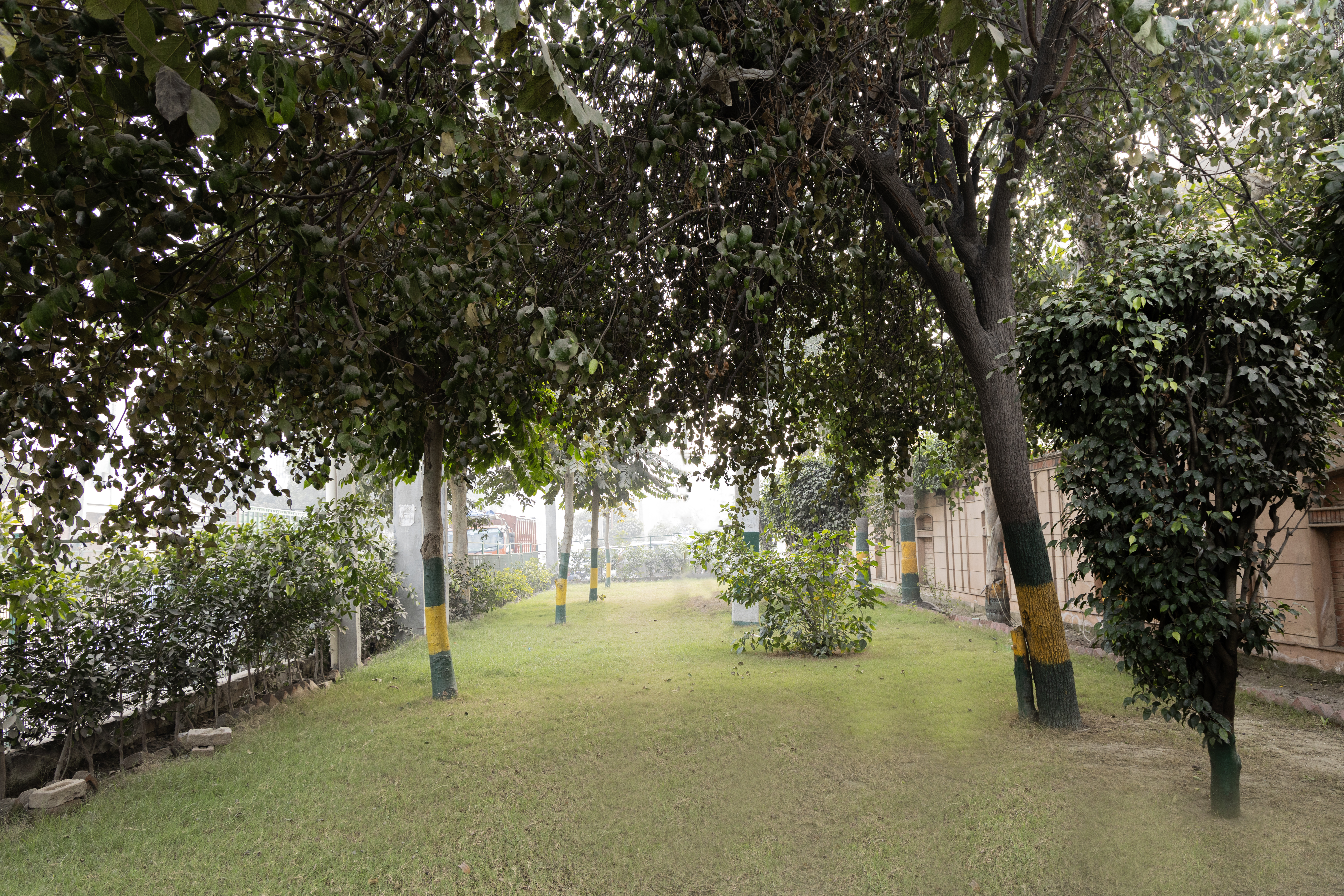
CSR
Home / CSR
Policy for Environment
In the realm of button manufacturing, a robust policy for the environment is indispensable. Such a policy outlines stringent guidelines to minimize the ecological footprint of production processes. It encompasses sourcing sustainable materials, employing eco-friendly manufacturing techniques, and implementing waste reduction measures.
Health and Safety
Health and safety measures are paramount in clothes button manufacturing to safeguard workers and ensure their well-being. This comprehensive approach prioritizes creating a safe working environment where employees are protected from potential hazards. From providing adequate training on machinery operation to implementing protocols for handling chemicals safely, every aspect of the manufacturing process is carefully managed to mitigate risks.


Water treatment
In involves the purification and recycling of water used in various manufacturing processes to ensure environmental sustainability and regulatory compliance. This entails employing filtration, sedimentation, and chemical treatment methods to remove pollutants, such as dyes and heavy metals, from wastewater generated during button production.


